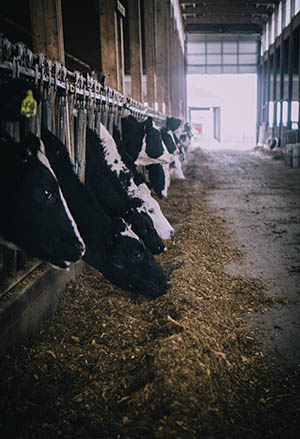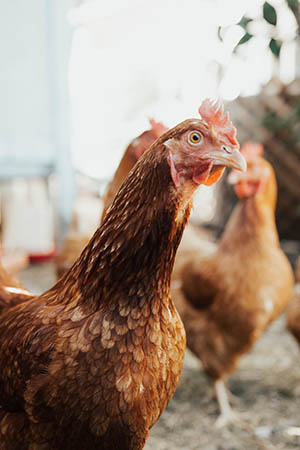Animals are living, breathing and feeling beings, just like us. We all share the same love of life and the desire to avoid pain. Many of us consider animals like cats and dogs to be family members. Some of us might even describe ourselves as “animal lovers.”
Yet, we treat farmed animals as if they were mere objects or machines that exist for our own use. We bring them into the world only to be brutally killed at a small fraction of their natural lifespans, so that humans can eat their flesh and reproductive products.
Worldwide, over 70 billion land animals are raised and killed every year,1 including over 800 million in Canada.2 These numbers do not include the trillions of aquatic animals killed each year.3







